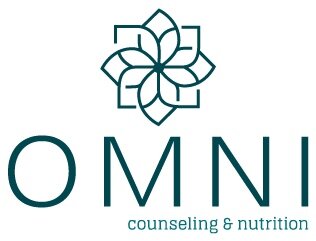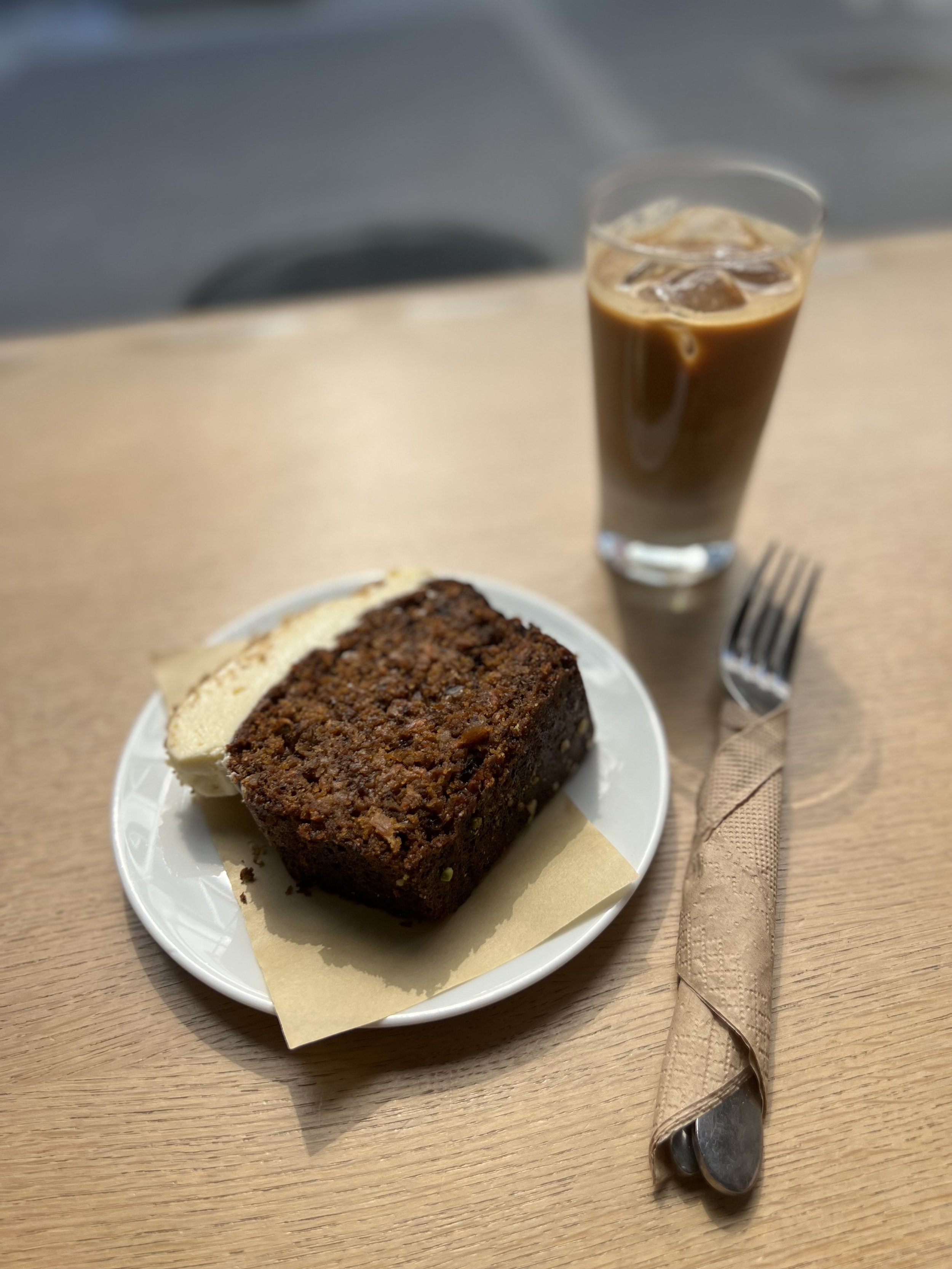Learn to Trust Your Intuition with These Four Simple Steps
Learning to trust your intuition can be a bit like stumbling around, feeling for the light switch in the dark. Here you are attempting to trust which way to go by feeling with sensation rather than sight, with no light to see a clear path. In our society there are constant messages coming at you from all angles on how to live your life and what you “should” do with your time, energy, and resources. Unfortunately, none of these external messages are YOUR inner truth or internal wisdom. So how do you filter out all the unhelpful external noise to get clear with what your intuition is saying?
For me, trusting my intuition has not come easy. I was raised in a household with strong religious values that were rooted in patriarchy and heteronormativity, and I am a gay woman. My family went to a smallish mega church (2,000+ congregation) here in Denver for most of my childhood. I internalized many strong messages from my experience in church. The most destabilizing idea was that we cannot trust ourselves, because we are all sinners, and our bodies and minds will betray us (just want to be clear I do not believe this - it was deeply ingrained from my experience in church). Therefore I learned from a very young age to rely on god (as defined by the church I grew up in), who I learned at the time was an all knowing, all powerful man in the sky. The unfortunate reality that came as a result of being taught to trust in this god was that I became disembodied and disconnected from my wise and deeply sensitive intuition.
It has taken me the better part of two decades to unpack, dismantle, and deconstruct the parts of my religious upbringing that I internalized. For all of my adult life I have been slowly learning how to trust myself, what the difference is between a trauma response and intuition, and ways to tap into my inner knowing more clearly when faced with one of life’s many crossroads. Throughout this journey, I have learned there are a few things that have been reliable in helping me to get in touch with myself and begin to hear and feel my intuitive voice within.
1. Slow Down
I know it sounds simple, anddddd the simplicity of slowing down is precisely what makes it effective in helping you to tap into your intuition. Slowing down provides you with an opportunity to tune into your body and begin to understand your internal cues. Slowing down can look many different ways. Meditation, walking, scheduling in mindful time to rest, removing disruptions and distractions like your smartphone or tv, taking social media breaks, or practicing yoga can all be ways to slow down. Slowing down helps me to connect with my heart rather than my head. My inner critic and self talk can be incessant and in order to quiet them I have found that I need time that is unstructured and quiet.
2. Get in Nature
Nature has a way of connecting you to yourself, helping you to see the ways all living beings are intertwined, and soothing your nervous system that is often wrecked from simply existing in our chaotic and constantly moving culture. Nature helps to bring insight into how all of life exists in harmony and how we all rely on each other. Water, earth, and air are each representative of life and can support you in becoming reacquainted with your own aliveness. You do not have to travel far to be in nature. Walk to a local park or find a tree to sit under or wrap your arms around for a few minutes.
3. Notice the Sensations in Your Body
In order to understand our intuitive cues you must develop a keen understanding of the somatic sensations that happen within your body. This can often be a challenge for folks with eating disorders, disordered eating, or body image distress because the last thing you may want is to become more embodied and to feel into your body with deeper intentionality. However, I assure you this will be helpful in your recovery journey if you can learn to sit with the discomfort that arises as you learn to be with your body. You can practice sitting in stillness and observing the physical sensations that arise. What do these sensations tell you? Can you describe them in words? Do they have any emotional feelings associated with them? Get curious about what you notice.
4. Create
We are all creative beings! Whether you think of yourself as an artist or not, creating is a part of the human experience. Writing, collaging, drawing, singing, playing an instrument, sculpting, painting, and dancing are all ways to create! Engaging in the creative process can be a useful way to get to know your inner voice. I recommend doing an exercise of free writing most days where you commit to writing your stream of consciousness for at least three pages or about 1500 words to get the creative inspiration flowing. From there, you can go onto create in whatever form you feel inspired! You will begin to hear your voice take shape as you allow your noisy thoughts to be externalized through your art. Don’t be shy and don’t let your inner critic tell you you aren’t good enough. Create for the sake of learning to hear your heart speak!
When learning to trust your intuition, a question you might ask yourself is, does this feel right? Whether you were raised in a dogmatic religion, or have other barriers to understanding and hearing your intuition, you can work to become better acquainted with your inner voice. Your true knowing is in there even if the patriarchy or white supremacy, or other systems of oppression don’t want it to be. You are allowed to take whatever time you need to feel into what is right for you. You can trust yourself. You are allowed to take up space and live your biggest and best life, and your intuition will guide you there.
If you feel like you need more support in learning to trust this inner voice therapy might be a good resource for you! Please reach out via the contact us form to learn more! We would love to hear from you!




